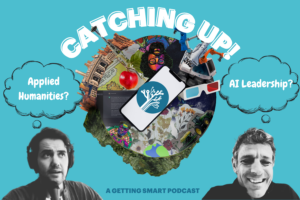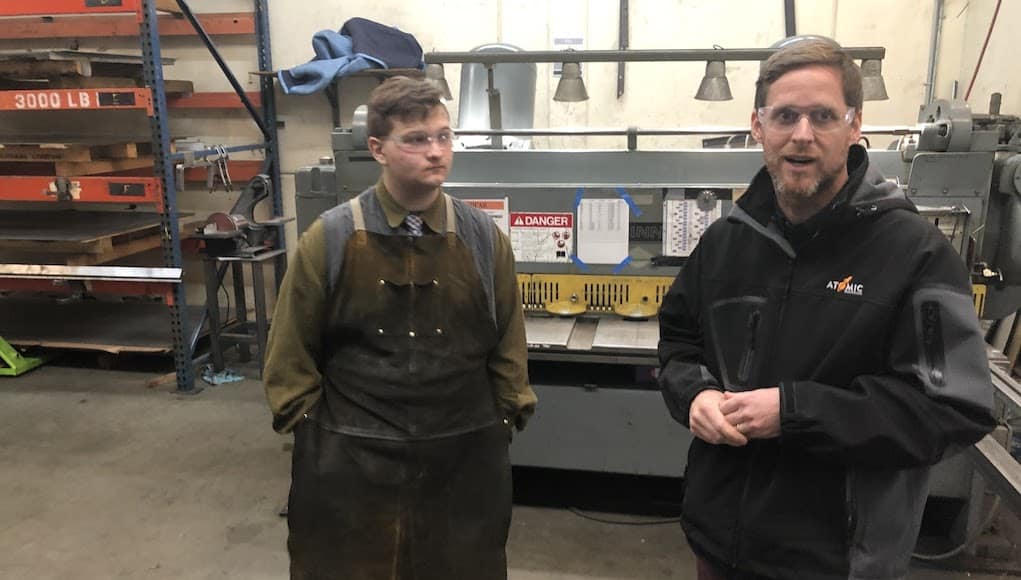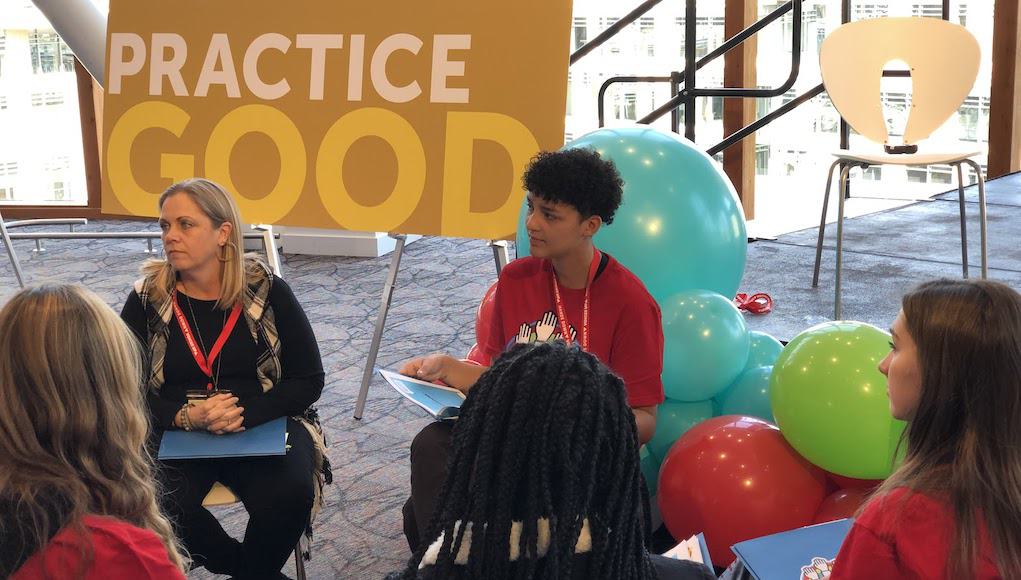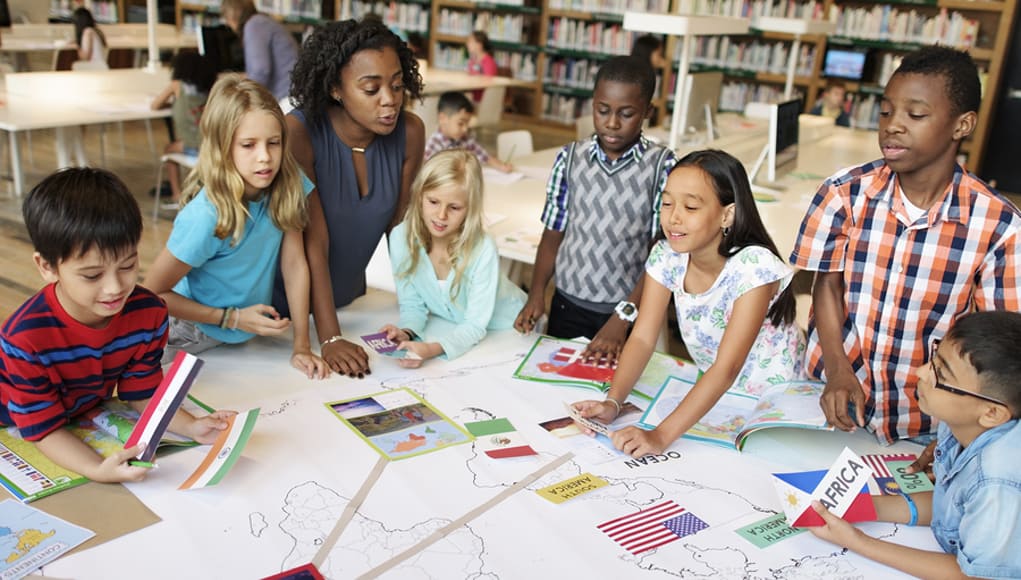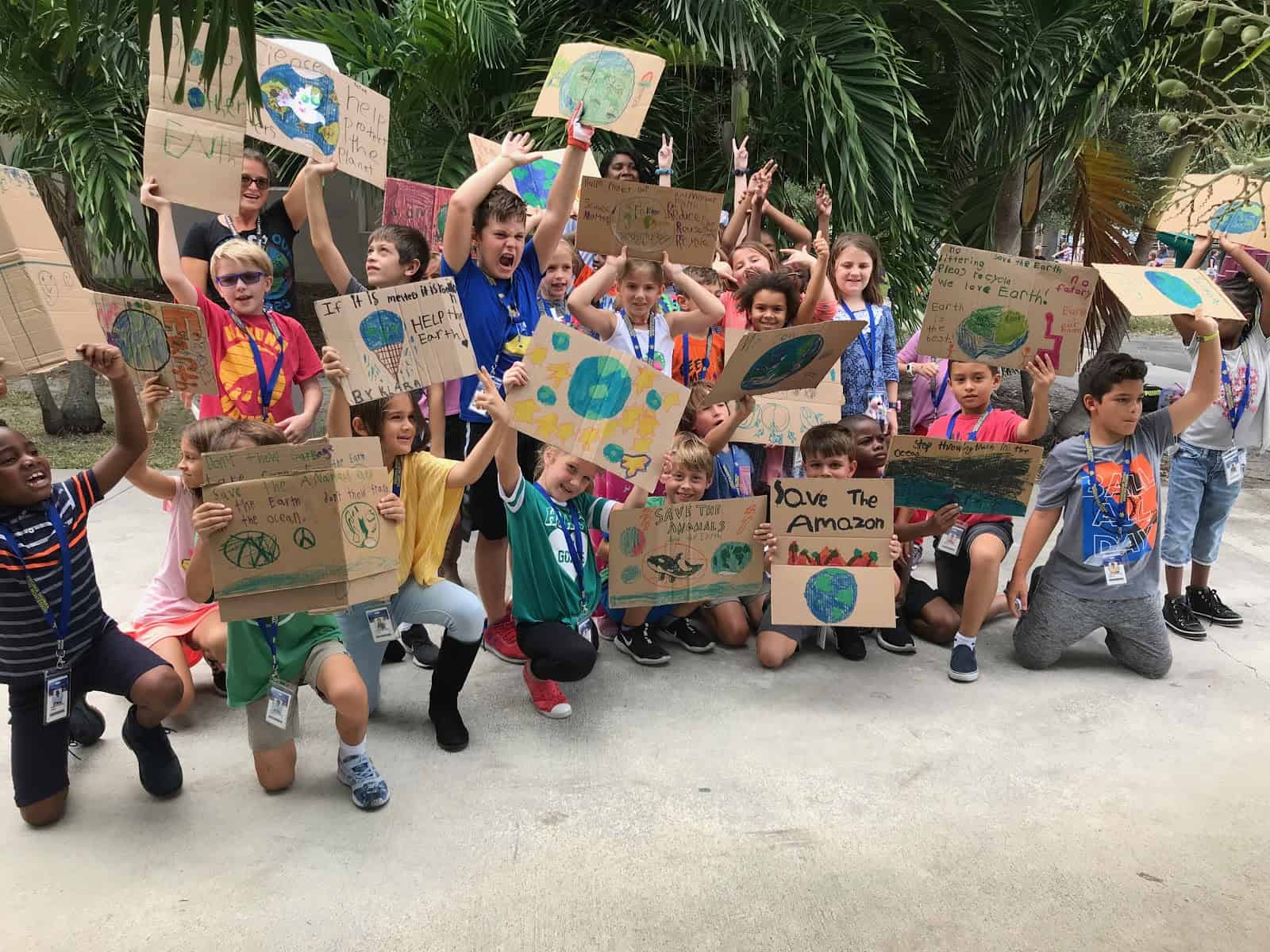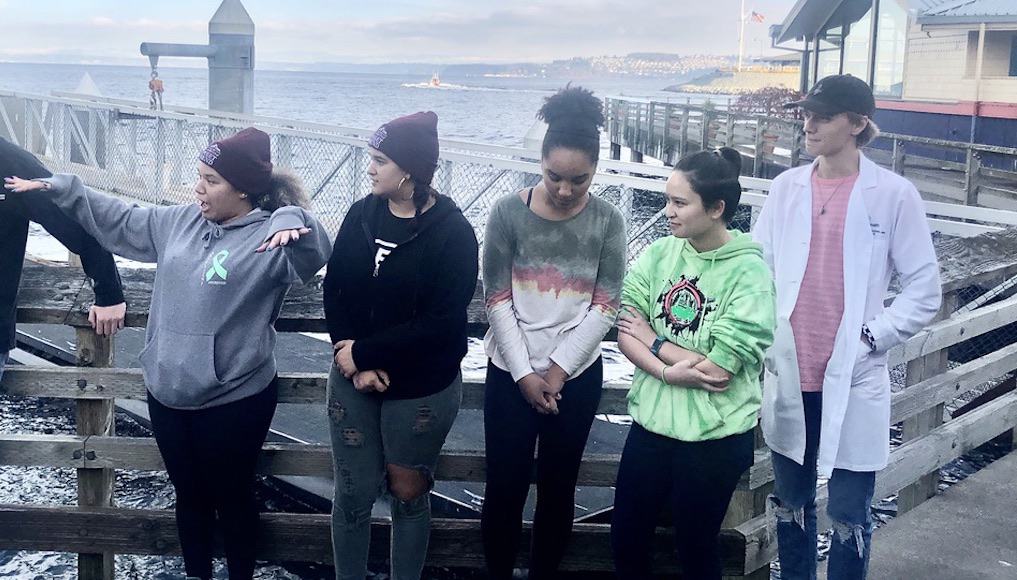Project-Based Learning
(PBL) is an instructional approach where traditional, direct classroom instruction and tests are replaced by authentic, often interdisciplinary projects, usually designed by the student with guidance from instructors/coaches, addressing real-world problems as the assessment instead of a test. It also is closely related to deeper learning, challenge-based learning, interest-based learning and more.
Creating Global Competence in Response to the 4th Industrial Revolution
By: Dr. M. Jones-Carey. Creating a global mindset is as simple as refocusing project-based learning, makerspaces and STEM in your classroom.
Why Making Time for Reflection Matters: 5 Ideas to Try
The art of reflection lets us evaluate our actions for more impactful teaching and learning. These five ideas can help make reflection part of your routine.
Work Experiences Are as Important to Career Prep as School
Work experiences can be as important as formal education (high school and college in particular) in terms of shaping career preferences and readiness.
The State of Creativity in America’s Schools
A Gallup study on the state of creativity in America’s schools revealed that opportunities are neither ubiquitous nor equitably distributed.
The Case for Contribution: Why Schools Should Empower Difference Making
In the absence of a religious community or as a supplement for encouragement toward the common good, schools can support contribution with great benefit.
The Power of Purpose-Based Learning
By: T. Tarango. This is how to assist your students in positively impacting the world and how to inspire purpose-based learning in your classrooms.
Want More Student Engagement? Ditch the Tests.
By: S. Tippins. Going test-free can be difficult for students and educators. However, ditching tests can actually up student engagement and learning.
Empowering Students Through Choice, Voice and Action
By: Kristen Thorson and Erin Gohl. Children should have the choice to contribute their voice to our social and civic dialogue. Here’s how teachers and parents can create a space for kids to develop their thoughts, share their opinions, and take action.
5 Ideas for Building Communication Skills for the Future
Exploring different ways of communication can help students develop the solid communication skills needed for the future of work.
Puget Sound Schools: Making Interest-Based Learning Meaningful and Intentional
By: Kelly Niccolls and Rebecca Midles. Kelly and Rebecca take us on a tour of select Puget Sound schools that adopt the Whole Child Initiative, focused on community partnership and rearing the next generation of local industry expertise.


